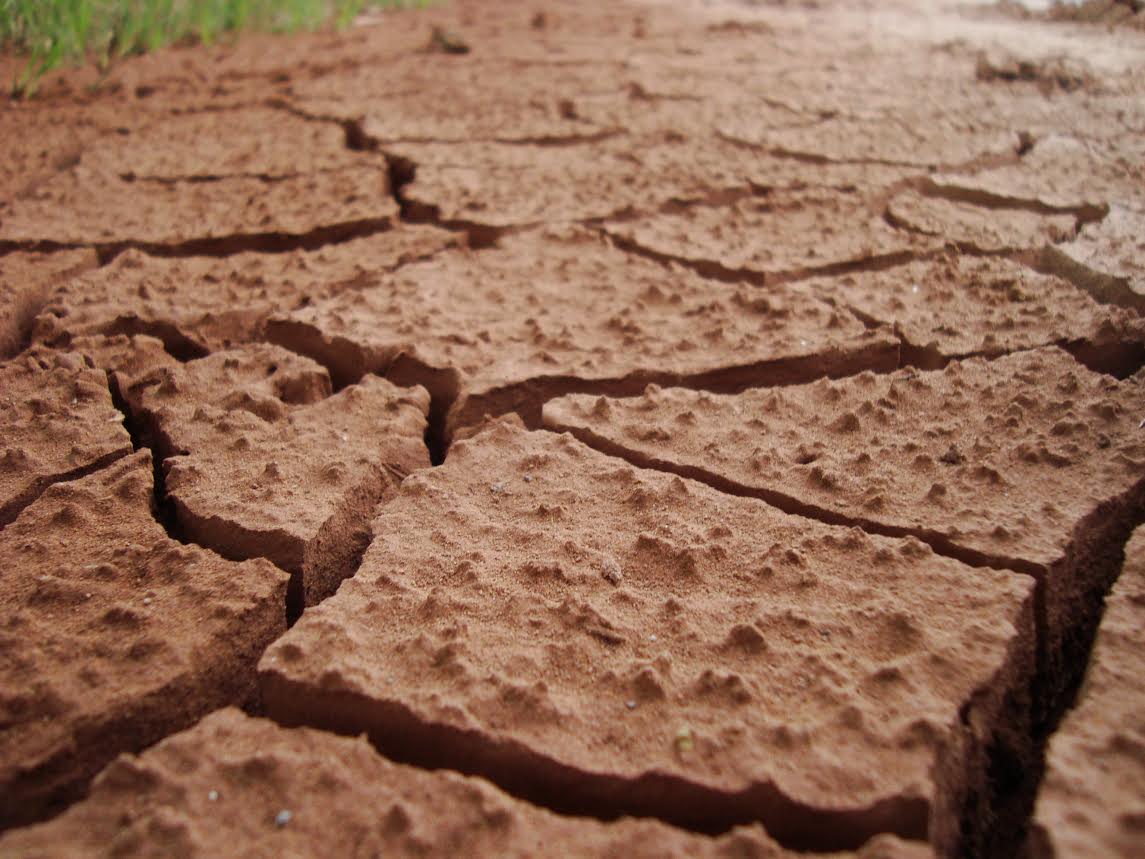Entities promote sustainable management of this resource and good land use to increase agricultural production, adaptation to climate change and food security.

San Jose, 8 August 2016 (IICA). Preserving and restoring degraded soils, as well as ensuring that agriculture contributes to reducing the impacts of climate change, are actions which can be taken in order to optimize the management of soils affected by agricultural activities in Latin America.
Soil degradation contributes to global warming and the acceleration of climate change, which creates more challenges for agricultural production. Furthermore, the efficient use of land, water and agrobiodiversity directly impact the productivity of the industry.
Given this situation, the Inter-American Institute for Cooperation on Agriculture (IICA) and the Tropical Agriculture Research and Higher Education Center (CATIE), organized a virtual technical forum to announce two initiatives focused on the restoration of degraded soils, developed by international research organizations: The French Agricultural Research Centre for International Development (CIRAD) and the World Resources Institute (WRI).
The Director of CATIE, Muhammad Ibrahim, who participated in the meeting, stated that the Latin American and Caribbean countries had the resources and institutions needed to become the world’s breadbasket. Nonetheless, this would depend on improving yields and agricultural productivity, and making more efficient and sustainable use of water and soil.
According to Karen Montiel, IICA specialist in Innovation, Productivity and Competitiveness, this event allows them to announce some initiatives on the subject that are being developed around the world, and to raise awareness of the importance of managing this natural resource efficiently in order to offset the risks posed by climate change and fight food insecurity, all in a challenging agricultural context.
“The resilience of agricultural systems can be stimulated through the use of more sustainable practices and public policies that promote the integrated management of soil and efficient water use”, noted the specialist.
This event is part of a series of virtual forums organized by IICA and CATIE that provide an opportunity to enhance knowledge and think about soil management within the Latin American context.
The next forum will be held in September, and will address the topic, Economics of land degradation.

The initiatives
Walter Vergara of WRI, spoke about the entity’s initiative 20×20, which seeks to restore 20 million hectares of land in Latin America by 2020, through silvopastures, agroforestry, reforestation, and the promotion of sustainable agriculture with low carbon emissions, among other measures.
According to Vergara, this initiative was approved in 2014 within the framework of the United Nations Climate Change Conference (COP 20), held in Peru.
Florent Maraux of CIRAD, also presented the initiative “4 per 1000”, an international research program that seeks to improve the composition of organic matter and promote carbon sequestration in soil through by agroecological farming methods, restoring and improving degraded lands, and strengthening innovations with timely and appropriate public policies.
“Today, we expect agriculture to go beyond production, to make a real contribution toward the sustainability of the earth”, concluded Maraux.
More information:










